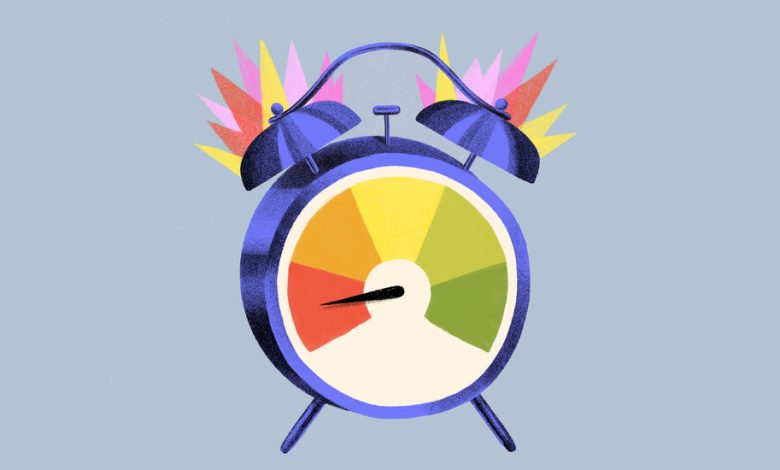‘Pay Later’ Lenders Have an Issue With Credit Bureaus

Shoppers in recent years have embraced “buy now, pay later” loans as an easy, interest-free way to purchase everything from sweaters to concert tickets.
kadıköy escort bayan
ataşehir escort
maltepe escor bayant
pendik escort bayan
ümraniye escort bayan
kurtköy escort bayan
bostancı escort bayan
kartal escort bayan
The loans typically are not reported on consumers’ credit reports, however, or reflected in their credit scores. That has stoked concerns that users might be taking on an outsize amount of debt that is invisible to both lenders and financial regulators.
So in February, when Apple announced it would start reporting loans made through its Apple Pay Later program to Experian, one of the three major U.S. credit bureaus, it looked like a watershed moment for the fast-growing “buy now, pay later” category.
But none of the other major pay-later providers have followed Apple’s lead. And while credit bureaus and lenders say they are interested in finding a way to work together, the gulf between the two sides remains wide — so much so that some pay-later firms are exploring creating an alternative credit bureau to handle their loans.
“I haven’t seen really meaningful progress,” said David Sykes, chief commercial officer of Klarna, one of the largest pay-later firms.
“Buy now, pay later” loans allow consumers to pay for purchases over time, often in four installments over six weeks, interest free. They surged in popularity during the pandemic, when they helped fuel an online-shopping boom. The rapid growth has continued: The retail industry attributed its record-setting holiday sales in part to the popularity of pay-later products.




